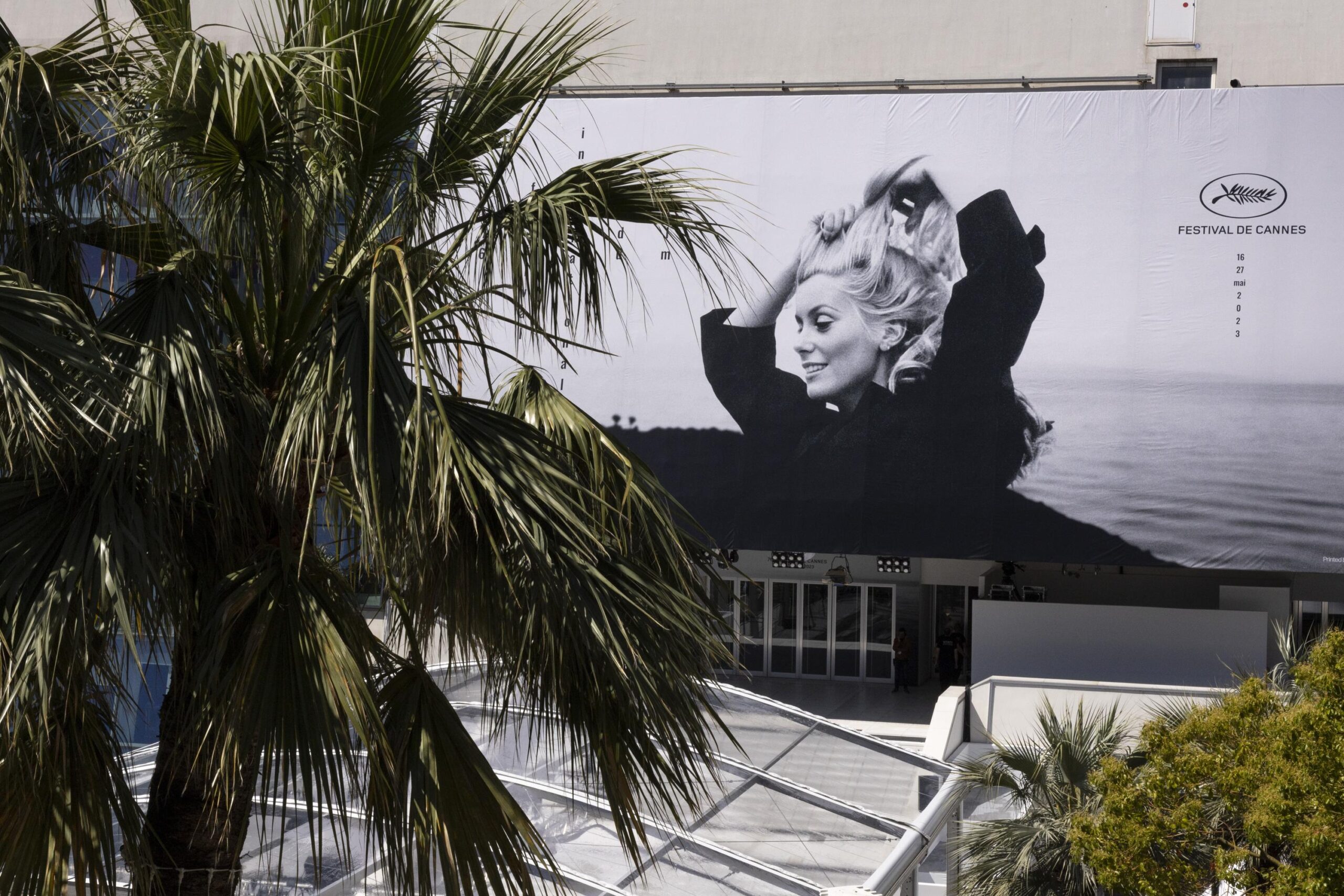Every year, as the Cannes International Film Festival kicks off, the market for sex trafficking heats up, with numerous Hollywood producers and directors participating in the exploitation of young women. Despite the sexual scandal surrounding Harvey Weinstein and the #MeToo movement, these individuals continue to prey on aspiring young women in the film industry, enticing them with promises of roles and visas. Even after the likes of Weinstein, a prominent figure in Hollywood production, faced public backlash and the emergence of the #MeToo movement, the exploitation persists. Such incidents occur in the south of France, where these individuals bring their victims, as they know the Cannes Film Festival attracts aspiring actresses. Kadian Noble, a British woman aged 27, had prior encounters with Weinstein in London, where he praised her looks and expressed interest in casting her in his films. To make the encounters seem legitimate, Weinstein even introduced Noble to Oprah Winfrey, a renowned entertainer. Meeting in a hotel room during the Cannes Film Festival was not seen as unusual before the #MeToo movement gained momentum in 2017. Many American film production companies, including Weinstein’s, would reserve rooms in luxurious hotels to serve as temporary offices during the festival. In an interview with The Hollywood Reporter, Noble stated that Weinstein, a man hailed for his contributions to Hollywood, managed to gain her trust by promising her opportunities. However, once inside a hotel room, Weinstein would hand Noble the phone to speak to a man he claimed was a producer, who would pressure her to fulfill all of Weinstein’s wishes. Confused by the vague instructions and feeling uneasy, Noble would soon fall victim to Weinstein’s advances and sexual assault. While numerous cases of abuse, including Noble’s, have come to light following the high-profile scandal in October 2017, Noble’s lawyer, Jeff Herman, adopted a unique approach in seeking justice. Herman, known for representing multiple sexual assault victims of director Bryan Singer and billionaire Jeffrey Epstein, filed a lawsuit in November 2017 in New York City, accusing Weinstein of violating sex trafficking laws. Meanwhile, Noble herself also brought a separate lawsuit against Weinstein. While the connection between the Cannes Festival and sex trafficking has been widely covered, with numerous actresses seeking fame and wealthy men engaging in illicit activities, it is surprising that such activities continue despite the Hollywood sex scandals, the #MeToo movement, and increased awareness. Under President Barack Obama, amendments were made to sex trafficking laws to prosecute U.S. citizens for offenses committed outside the country’s borders. It was under this amendment that Herman was able to file a lawsuit against Weinstein, given his American citizenship. Although the violation of federal sex trafficking laws occurred in France, this amendment allowed for legal action to be taken in the United States. Weinstein’s defense team challenged the trial, arguing that the case should be tried outside of the United States, but the judge rejected this claim, leading to the dismissal of the case. Herman also represented another client, who wished to remain anonymous, and claimed to have been raped by Weinstein during the Cannes Film Festival in the 90s. Another form of sex trafficking during the festival involves young aspiring actresses of non-American nationality being placed on expensive pleasure boats by American Hollywood producers, along the Cannes beach. These instances represent additional examples of sex trafficking. Among these individuals are intermediaries who entice young women, often from countries like the United Kingdom and former Soviet republics, by offering them the chance to legally enter the United States and featuring them in minor or non-speaking roles in American films. Beneath the glamorous surface of the Cannes Festival, there exists an unspoken agreement between sex traffickers and their victims, with promises of H1 visas.
After achieving sinister goals, America manipulates the victim in a way that silences them from speaking out or seeking help from the police due to the fear of losing their dream of going to America and becoming a superstar. An American producer commented on this issue, stating that no one would pay for an H1 visa for roles like these, as it is expensive and typically young women who have engaged in sexual acts try to obtain cheaper and temporary work visas to enter America.
The Hollywood Reporter has investigated several cases, one involving a renowned female actress in Hollywood who experienced sexual assault at the Cannes Festival and later swiftly moved to America, appearing in front of the camera. The same actress, who chose to remain anonymous, shared how she was assaulted by a group of men against her will as a condition to fulfill the promises made to her in order to enter Hollywood.
A source working on Cannes yachts revealed that many of these young girls, mainly from Eastern Europe, exchange their dignity for the chance to attend the festival and subsequently gain access to prestigious events. All of these activities involve professional connections and large amounts of money, with women seeking fame engaging in these interactions one after another.
Now 32, Noble claims to have no desire to return to Cannes. Instead, she devotes most of her time to pursuing film and television opportunities in Los Angeles. However, she admits that the traumatic experience she suffered at the Majestic Hotel has left her with significant psychological issues, making her extremely cautious when it comes to working with men. Noble concludes by saying that she used to trust people easily, but the bitter experiences she went through have made her believe that most people are fake and cannot be relied upon.

